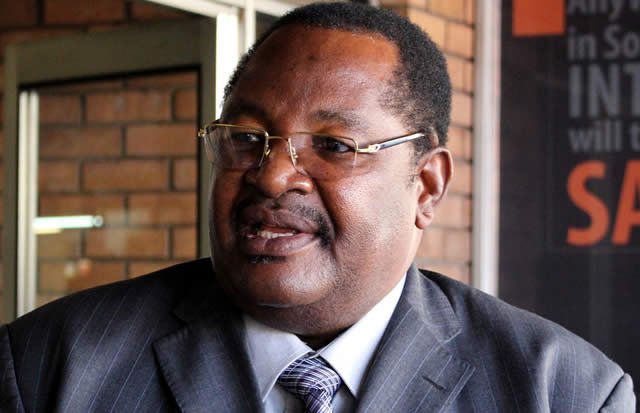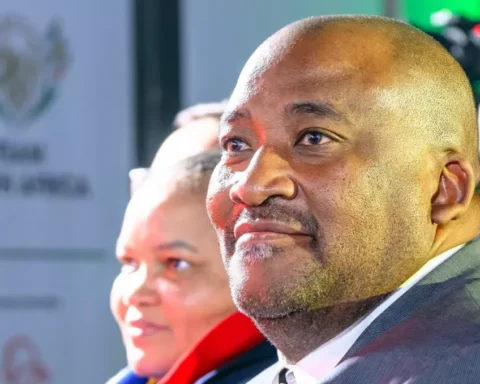Harare, Zimbabwe – In a concerning economic development, Zimbabwe’s annual inflation rate surged to a seven-month high of 55.3% in March, up from 47.6% in February, according to the latest figures released by the Zimbabwe National Statistics Agency (ZIMSTAT). This announcement on Wednesday sheds light on the ongoing economic challenges faced by the nation, including a rapidly depreciating currency.
The inflationary spike comes shortly after Mthuli Ncube, the Minister of Finance, Economic Development and Investment Promotion, made a commitment to tackle the escalating price increases. This inflation exacerbation was reflected in a monthly price rise of 4.9%, a slight decrease from February’s 5.4%.
ZIMSTAT attributes the inflationary pressure primarily to the escalating costs of food and utilities, including housing. Amidst the economic turmoil, Minister Ncube addressed the nation, acknowledging the currency instability as the root cause affecting overall prices. “We are aware that there is currency instability in the main, which then impacts prices. As government, we will act,” Ncube assured.
The Zimbabwean dollar’s decline has been stark, with a depreciation against the U.S. dollar every trading day of this year, losing 72% of its value and ranking as the world’s second-worst-performing currency after the Lebanese pound. Ncube promised imminent actions through a forthcoming monetary policy statement aimed at restoring stability. “We will make sure that we do the right thing and that the new announcement will engender the stability that is needed,” he stated, hinting at the introduction of a new monetary mechanism.
In an effort to counter the currency crisis, the Zimbabwean government reintroduced the local currency in 2019, following a decade of dollarization. However, the rapid depreciation of the Zimbabwean dollar posed significant economic challenges. Both the central bank and the finance ministry are reportedly taking additional measures to stabilize the currency, with President Emmerson Mnangagwa mentioning the potential introduction of a “structured currency,” though details remain scarce.
Despite governmental efforts to stabilize the economy, confidence in the Zimbabwean dollar remains weak, with economic agents still showing a strong preference for the U.S. dollar. This situation underscores the profound economic challenges Zimbabwe continues to face, with implications for both domestic and international economic relations.








